They take care of other people’s children. Here, they explain how to protect yours.
5:00 AM
Author |
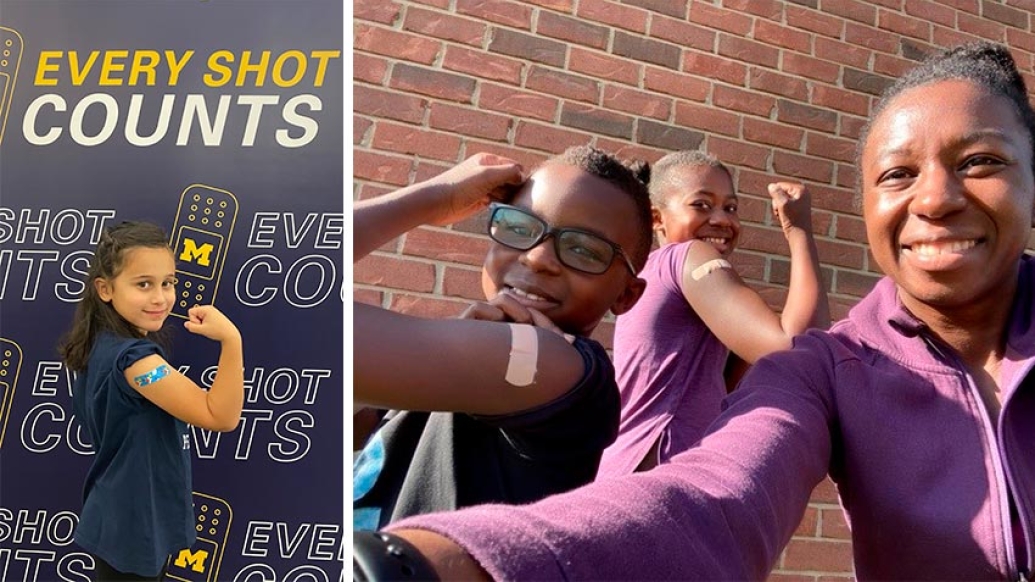
When federal health officials authorized the Pfizer COVID-19 vaccine for kids 5-11 years old last November, eager parents across the country rushed to set appointments.
Two months later, though, fewer than 25% percent of Michigan children in that age range have received at least one dose of the vaccine. And in a national poll from July 2021, only 49% of parents said they would likely get their children vaccinated once it became available.
Meanwhile, over 325,000 children tested positive for COVID-19 at the end of December, a 64% increase over new cases reported the week prior, according to a joint report from the American Academy of Pediatrics and the Children's Hospital Association.
SEE ALSO: 20 things to know about COVID-19 vaccines for kids under 12
SEE ALSO: 5 ways to prepare your child for the COVID vaccine
While severe illness due to COVID-19 is less common in children than adults, pediatric hospitalizations rose sharply. Children, even those with mild infection, also risk symptoms of long COVID and multisystem inflammatory syndrome, commonly known as MIS-C.
Here, a group of University of Michigan Health C.S. Mott Children's Hospital pediatricians explain why they set appointments for their children to be vaccinated as soon as they could – and why parents considering the same should take that protective step.
Jennifer Romano, M.D., Pediatric heart surgeon. Kid(s): Maximilian (8), Allegra (6)
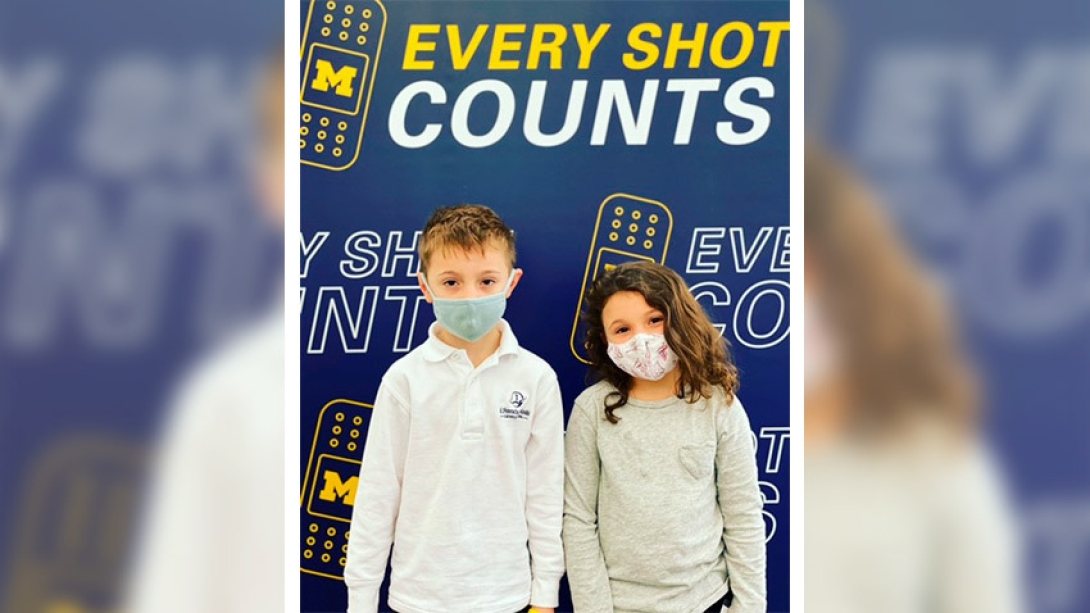
"As a pediatric heart surgeon, watching healthy kids go on ECMO or have heart failure needing transplant from COVID-19 has been terrifying. I feel like I was holding my breath waiting for the vaccine approval. Getting my kids vaccinated was the best day ever! I feel so relieved."
David Peng, M.D., Pediatric cardiologist. Kid(s): Matthew (7), Cody (9)
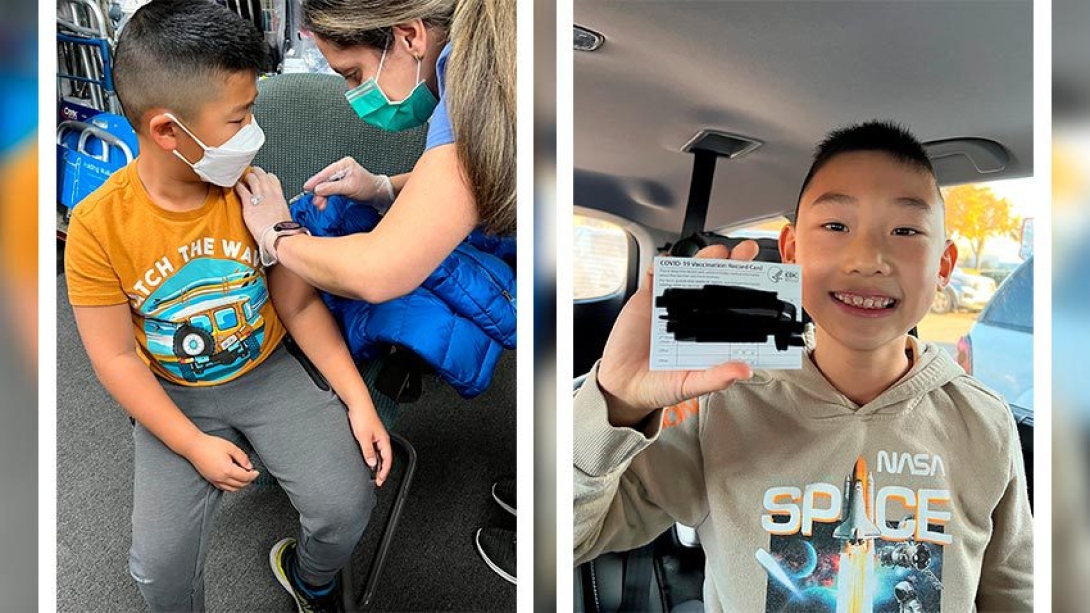
"Cody and Matthew were both so excited to get their shots AS SOON AS THEY POSSIBLY COULD to protect themselves, their loved ones and their community!"
Debra Langlois, M.D., Pediatrician. Kid(s): Joey (7)
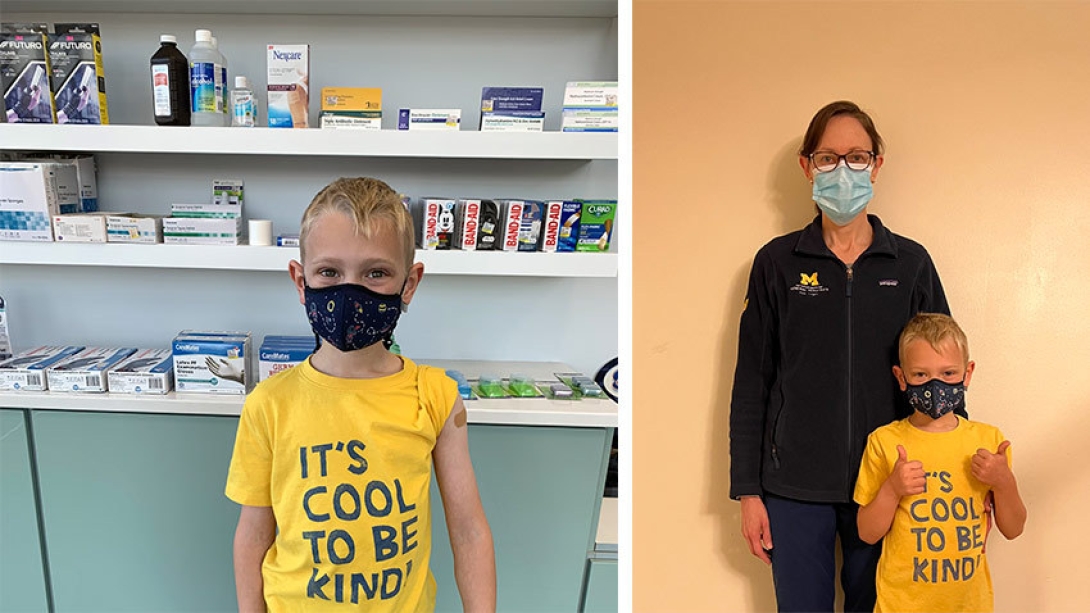
"It was important for me to get Joey vaccinated as soon as possible because children can develop severe illness with Covid-19. Vaccination protects him. This is a big step towards more normalcy."
Salima Emara, M.D., Pediatrician. Kid(s): Sarah (5)
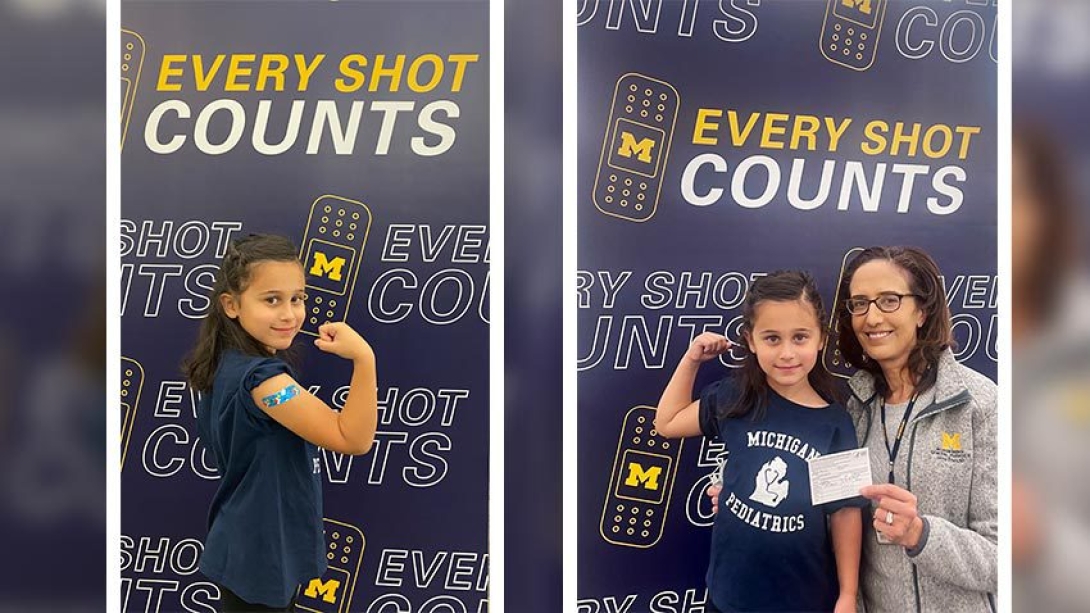
"As a pediatrician, I've shared in the experiences and challenges of my patients through the COVID-19 pandemic. I've talked to families who have lost a grandparent, single moms who left employment to stay home to care for an immunocompromised child, athletes recovering from myocarditis due to COVID-19, teens struggling with depression and social isolation, and kids under evaluation for MIS-C secondary to COVID-19. It has been a privilege to care for families who make profound personal sacrifices to protect a child with complex medical needs. As a pediatrician, I've seen firsthand the dramatic difference in symptoms and hospitalization rate among vaccinated and unvaccinated patients. My colleagues and I studied the data and trusted what we were seeing among our patients about the safety and efficacy of these vaccines. Pediatricians at Michigan Medicine were eager to have our children vaccinated the moment the COVID-19 vaccine became available to kids. We know that vaccines are an important layer of protection and that every shot counts toward protecting everyone in our community."
Alanna Nzoma, M.D. Pediatrician. Kid(s): Nora (11), Nolan (9)
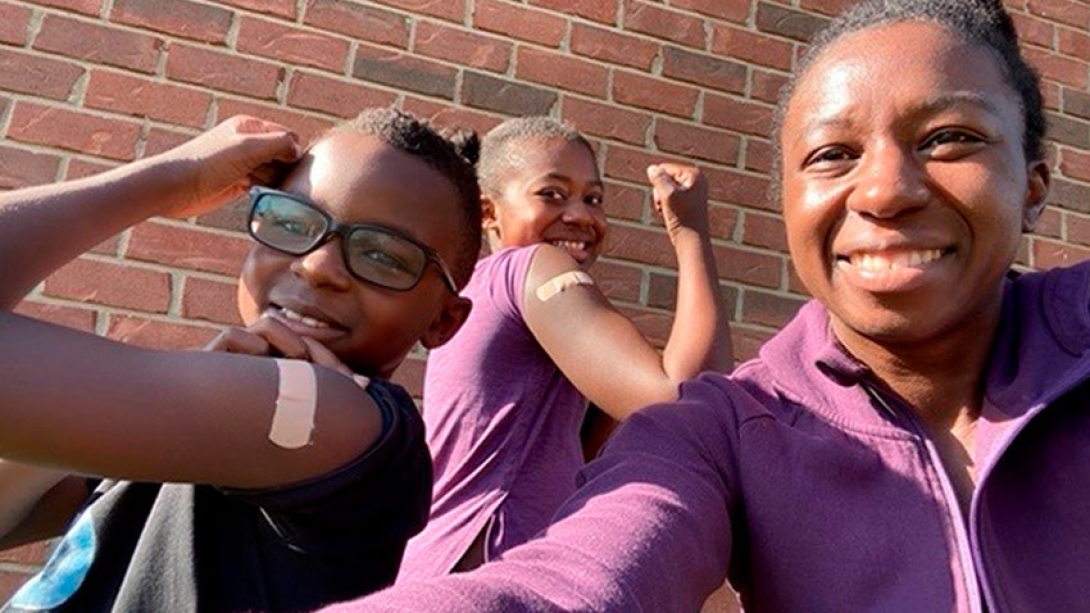
"I got my kids vaccinated for COVID because I want to protect them from this disease, which has killed many and made so many others seriously ill. As a pediatrician, I trust the process that has brought us these gamechangers in this pandemic, just as I have with more routine vaccines for illnesses I protect my patients from every day. I am grateful to the scientists who have found a safe and effective means for protecting us. My children have never been more excited to get vaccinated! We all want a return to more of a normal life and know that decreasing cases and spread will allow this to happen."
Julia Madison-Williams, M.D., Pediatrician. Kid(s): James (11)
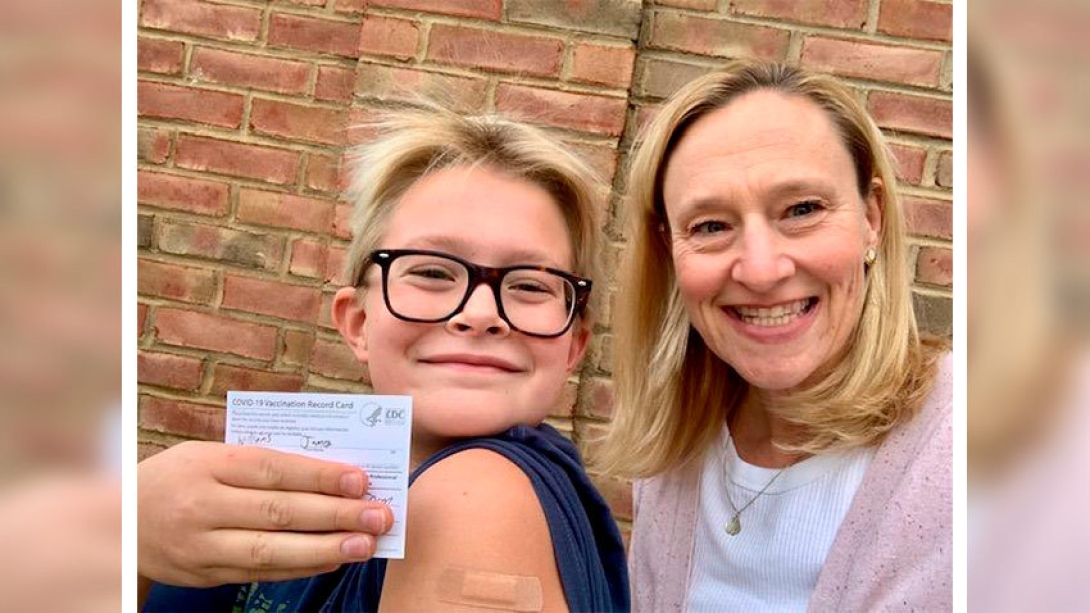
"Our family could not wait for James to be vaccinated! James was excited to have friends over more and to being able to travel at Thanksgiving and Christmas to see both sets of vaccinated grandparents and cousins. As a pediatrician, I have seen many children get sick with COVID-19. I have patients who have symptoms long after their initial illness and are suffering. I want my children and my patients protected. This vaccine is the way all parents can start to feel like their children are safer at school, at sports and with friends and family."
Like Podcasts? Add the Michigan Medicine News Break on iTunes, Google Podcasts or anywhere you listen to podcasts.

Explore a variety of health care news & stories by visiting the Health Lab home page for more articles.

Department of Communication at Michigan Medicine
Want top health & research news weekly? Sign up for Health Lab’s newsletters today!





